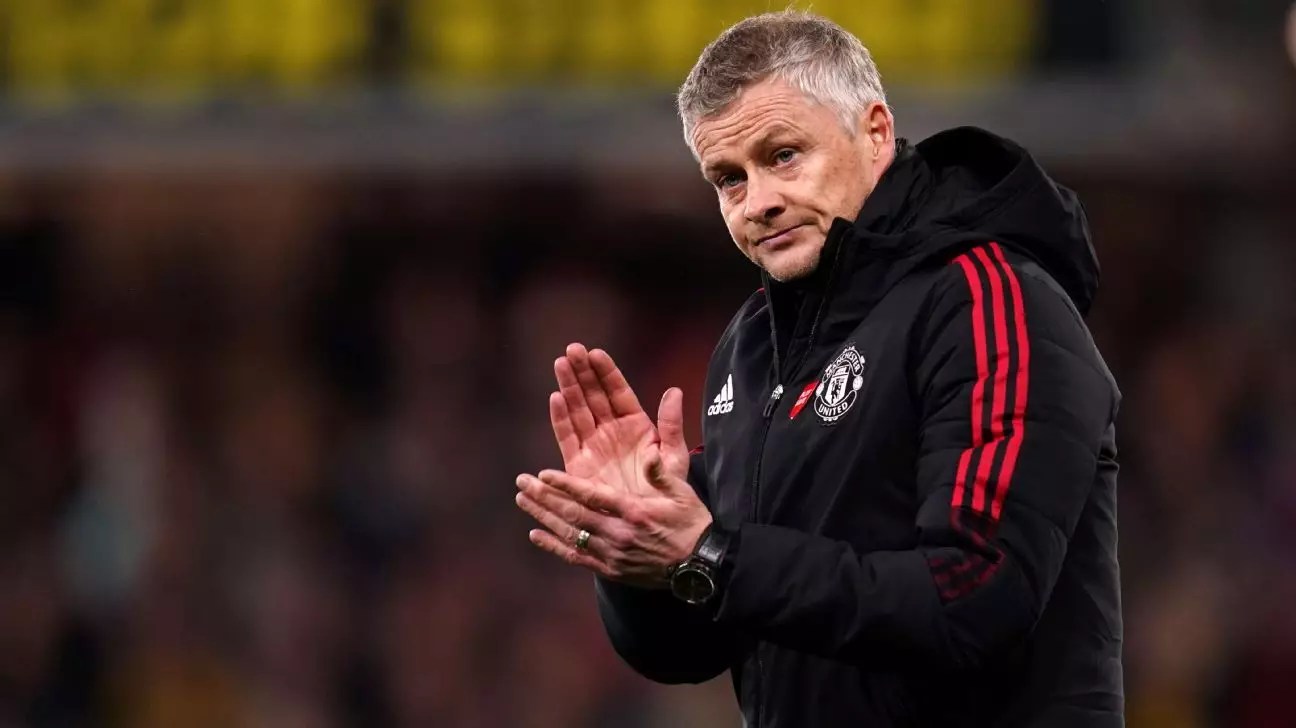In the tumultuous world of football management, few narratives are as poignant as that of Ole Gunnar Solskjaer’s journey with Manchester United. After a promising start, which included a memorable interim tenure and a second-place finish in the 2020-21 season, Solskjaer found himself at the crossroads following his dismissal in November 2021. The backdrop to his exit involved a string of disappointing performances, culminating in a particularly humiliating 5-0 defeat to Liverpool, leaving fans questioning his tactical acumen and leadership. Over two years since parting ways with the club, Solskjaer’s sentiment remains unchanged: a deep desire to return to his old stomping ground if called upon.
As Manchester United navigates through a rocky 2023 season under Erik ten Hag, who is currently under scrutiny owing to the team’s inconsistent results, the whispers of Solskjaer’s potential re-appointment have begun to surface. United’s performance—three victories in eight matches—has escalated fan frustrations, starting factional debates over the club’s direction. Ten Hag has faced mounting pressure, urging fans to exhibit patience as he integrates a younger squad into a cohesive unit. This context makes Solskjaer’s statements regarding a return particularly intriguing; his words resonate with a mixture of nostalgia and ambition.
After his departure from Manchester United, Solskjaer transitioned to a role as a technical observer for UEFA. In this capacity, he contributed significantly to the Euro 2024 technical report, underscoring his footballing insight and analytical capabilities. Despite being linked to managerial roles in foreign leagues, including pursuits in Turkey and the Middle East, Solskjaer has expressed keen interest in potentially taking on the role of Norway’s national team manager once the position becomes available. Such aspirations highlight his unwavering commitment to Norwegian football and his broader vision within the sport.
Solskjaer’s narrative is one of resilience and deep-rooted affection for Manchester United—referred to as “family” in his reflections. His affinity for the club, coupled with regret over unfinished business, provides fertile ground for discussions surrounding a second chance. However, one must scrutinize whether the return of a previously challenged manager would benefit a club steeped in a quest for stability and progress. His experience and connection to United could foster an environment of familiarity, yet the memories of his last tenure linger—could he install a different tactical philosophy and galvanize the squad in a manner that wasn’t achieved previously?
Sporting institutions must navigate the complexities of nostalgia, re-examining past leaders through contemporary perspectives. Solskjaer’s potential reinstatement raises critical questions about learning from previous strategies, the treatment of player development, and long-term vision contrasts against short-term gains. While current management philosophies encourage patience, the footballing world is infamously impatient. Therefore, the dialogue surrounding Solskjaer’s future role could serve as a litmus test for United’s ambitions moving forward, highlighting the balance between historical attachment and modern expectations.
Whether Solskjaer would suit a reappointment at Old Trafford remains a multifaceted question steeped in both hope and apprehension. The coming months will reveal whether nostalgia can translate into success in a format fraught with challenges.


Leave a Reply